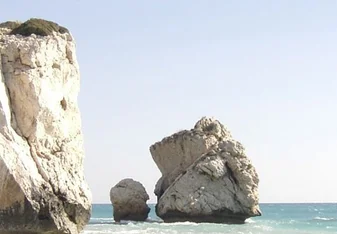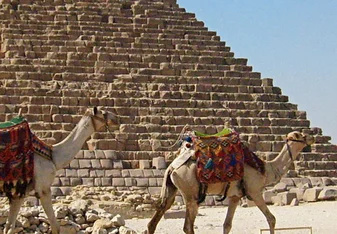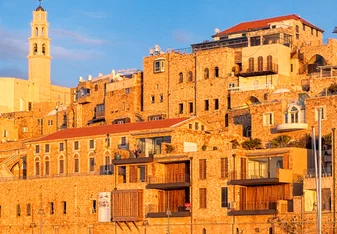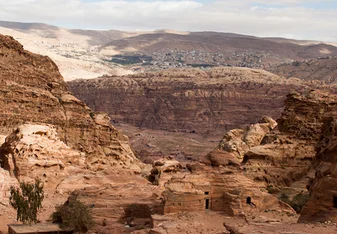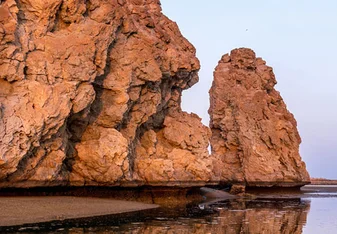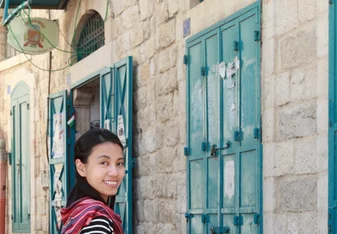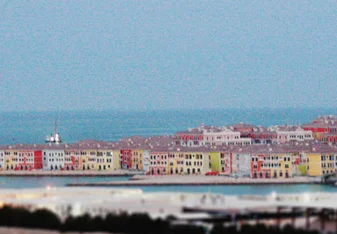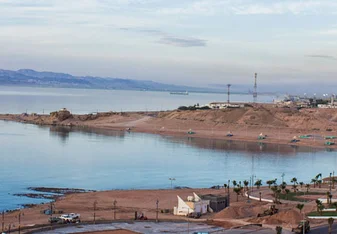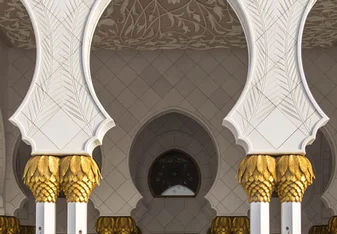Study Abroad Programs in Lebanon
Study Abroad Programs in Lebanon
About
On the eastern shores of the Mediterranean, Lebanon has long been described as a melting pot of languages, cultures and religions. With a wealth of cultural influences -- everyone from the Phoenicians to Persians to Romans -- Lebanon makes a fantastic base to study abroad, whether you’re looking to improve your Arabic or simply to discover a fascinating, multifaceted country.
Most students who choose to study abroad in Lebanon do so to improve their language skills, but it's also a convenient base to learn more about Middle Eastern culture in general. Popular academic subjects at leading universities include international law, social studies, business, pre-Med and engineering.
Popular Subjects
International Law
Whether you're a pre-law student or looking for an international destination to pursue your law degree, Lebanon is an unconventional but worthy destination to consider. Lebanon is home to several respected law schools, and as such undergraduate students can also take law classes while studying there. In particular, Lebanon can provide unique opportunities to gain knowledge and context around issues in international law, due to its geographic location.
Business
Lebanon is a small country, but there are surprising opportunities to study or intern in the business and entrepreneurship fields. Beirut is by far the most popular destination for business opportunities, and you'll find the widest range of study abroad program options there too. Lebanon is also an incredibly diverse country, within reach of four continental influences, so you'll have a great chance to practice international etiquette in business settings.
Social Sciences
With strong academic institutions throughout the country, you can find almost any social science you want to study available in Lebanon, especially in Beirut. Some of the most interesting courses will be in psychology, sociology, and philosophy, where you can explore the impact of Lebanese history and culture on subjects you may have only previously studied from a 'Western' perspective.
Planning Your Trip
Housing
Study abroad students usually live in campus dorms or in private apartments that you arrange on your own. An apartment may grant you more freedom and flexibility, but with dorms you get an immersive experience on campus and you’ll be closer to student activities.
No matter where you choose to live, you may find your residence is segregated by gender. In special language programs, you may have the option to live in a homestay. Staying with a family is an excellent way to pick up the language and cultural nuances rapidly, especially if your host family doesn’t speak your language.
Visas
Your passport must be valid six months after the return date of your stay in Lebanon, and it must not bear a stamp from Israel. Upon arrival in Lebanon, you can pick up a three-month single entry visa for around $35, which will tide you over until you can secure a student visa.
As a student, you should obtain a one-year student residency permit before your tourist visa expires. You’ll need a registration statement from your university or a document that proves you have sufficient funds to finance your entire studies. If you’re not attending a university -- studying at for example a language school, you’ll have to present your case to General Security for approval.
Language Immersion
Many students choose to study abroad in Lebanon to practice their Arabic, but you don’t need the language to operate on a daily basis. Due to most Lebanese being multilingual, you can easily get around with French or English. If you’re looking to improve your Arabic, you can easily choose to study Modern Standard Arabic or the Levantine Arabic dialect at your university or language school.
For best fluency, be sure to enroll in daily classes where you can test your Arabic on a regular basis. Intensive immersion programs are available at Lebanese American University and the American University of Beirut. The Saifi Institute for Arabic Language, Academy of Language and Practical Skills and Institut Français du Porche Orient also offer excellent language classes.
Life, Culture & Travel in Lebanon
Lebanon is a small country, with delicious food, beautiful landscapes, and friendly locals. Its geographically diverse landscape offers loads to do, from mountain hiking to skiing to swimming in the sea. The city of Beirut has been described as a miniature, mideast Paris, known for its nightlife, souks, and bohemian districts. The food in particular is a favorite both in Lebanon and abroad: pita bread, hummus, rice, and salted yogurt are the norm.
You’ll find it easy to explore on your own, in the city or the countryside. To get around, buses are the most common method of transportation. Buses leave from two main stations in Beirut: the northern towns served by buses leaving from the Dora roundabout and Charles Helou Station, and the southern towns served by buses leaving from the Cola station. Taxi services are also popular, and can carry up to five passengers where the fare is equally divided.
Culture and religion are diverse and complex in Lebanon, with the majority of the population Muslim or Christian. Many women wear the hijab but you might equally see women without it. There is a wealth of historic sites in Lebanon to enjoy, from Christian monastic ruins to Roman temples, so if you're a history guru you'll certainly feel at home in the country.
Costs & Funding
Compared to most European and American standards, Lebanon is quite inexpensive; however, it is still one of the more expensive countries in the Middle East. You should budget anywhere from $5,000-$ 8,000 for the whole year; plan half that if you’re only studying in Lebanon for a semester.
The cost of food of course varies of course, but a sandwich might set you back anywhere from $2-$8, and a quart of milk will be around $2.15. Groceries are inexpensive if you stick to Lebanese products, and more costly items are imported European or East Asian items. A taxi is around $4 and even less for a service shared taxi.














